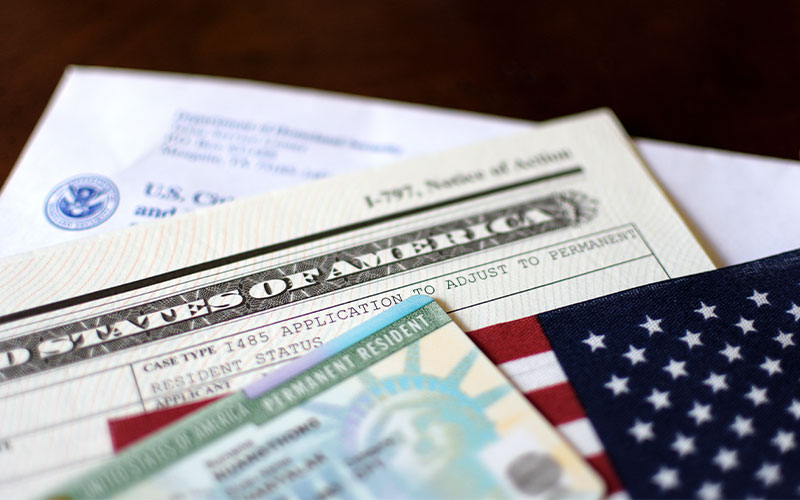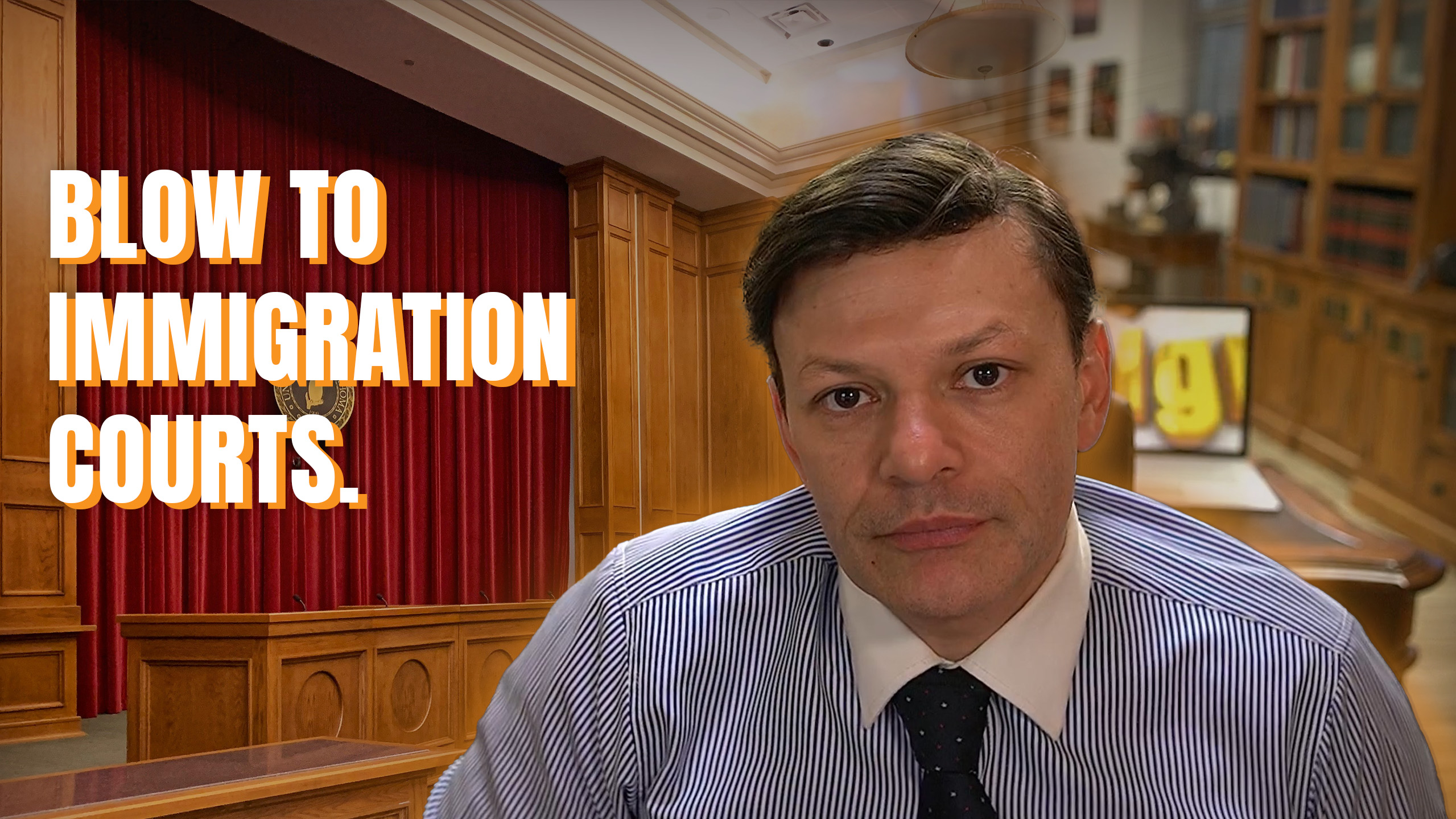Legal Immigration Changes from 2019
2019 saw a lot of changes to legal immigration regulations. We covered some of them as they happened, or while the Trump administration was contemplating and tweeting about them. Regulations and Executive Orders came fast and furiously all through 2019, some were blocked by the courts, some debated by Congress, some started and stopped.
So, where are we for 2020? What’s new that will affect legal immigration and legal immigrants?
Here’s a few of the most important ones, ones that really matter and will have the greatest impact. It should be no surprise that they all seem designed to slow legal immigration.
COSTS ARE GOING UP FOR KEY IMMIGRATION PROCESSES
Application and paperwork costs are going up this year. An application for U.S. citizenship will increase 83%, from $640 to $1,170.
For the first time, asylum seekers will be charged $50 to file their applications. That will make the United States one of only four countries to charge a fee for humanitarian protection.
There will be an increase for petitions for employment authorization (Form I-765) which will go up by 20% to $490; and for removing conditions on permanent residence obtained through marriage (Form I-751), which will go up by 28% to $760.
These will be enacted soon, talk to us about getting ahead of them.
CITIZENSHIP TEST
Somewhat paradoxically, 2019 saw an eleven year high in naturalized permanent residents – 834,000 legal permanent residents became citizens, an 11-year high according to government statistics.
For many in the Trump administration that is too many and they considered the process “too easy.” /trump-administration-revising-u-s-citizenship-test”>Starting this year, the citizenship test will be more challenging. It will more stringently challenge immigrants’ ability to read, write, and speak English.’ An ‘essential knowledge of U.S. history and government’ will be rigorously applied.
This will be reflected in both the written and oral portions of the test.
NEW REASONS FOR DENIALS
Hand in hand with the tougher tests are, naturally, new reasons for denying citizenship applications. There is a new list of ’15 examples of unlawful’ acts that has expanded the list of behaviors that reflect ”
GREEN CARDS AND PUBLIC CHARGE
This has been blocked by the courts headed in to 2020, but it is still out there and it’s 50/50 it could be implemented by the summer.
Simply, a public charge is “an individual who receives one or more designated public assistance benefits for more than 12 months, in the aggregate, within any 36-month period.”
Public assistance can include nine programs including Medicaid, public housing and food stamps.
If you think this might effect you in the future, or you’re afraid of applying for public assistance, please talk to us first.
The long and short of it is this- don’t rely on old information going forward with your immigration status. Things have changed, things continue to change and the climate is not forgiving: mistakes and misfiling or failing to pay the proper fee and a dozen other slight errors are no longer slight errors. The courts have no time for anything less than a perfect filing.
Talk to the lawyers who do this every day. Please.



